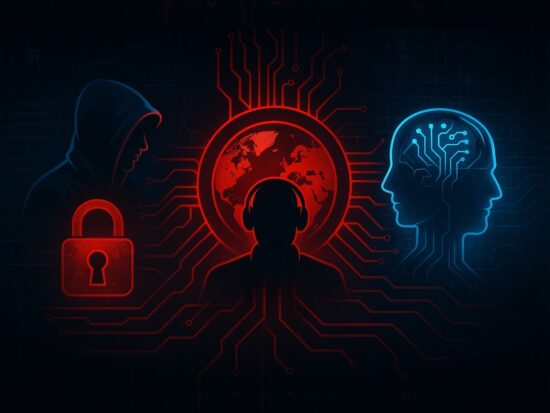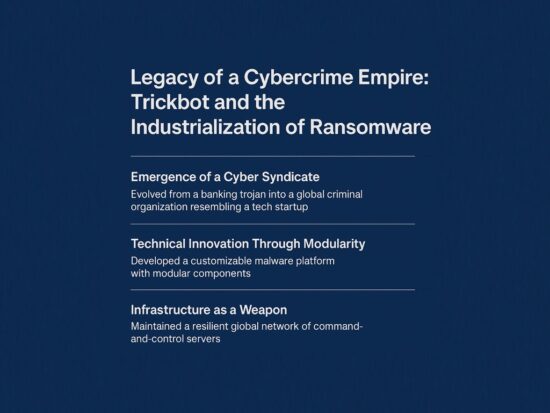The world is digitally connected; the digital landscape is vast; while offering unparalleled convenience and innovation as digital incentives, undoubtedly it also harbors a growing number of threats. Cybercrime has evolved from niche attacks to a pervasive and sophisticated industry, impacting individuals, businesses, and even governments on an unprecedented scale. If you’ve found yourself asking, “Am I a victim of a cybercrime?”, understanding the signs and knowing where to turn for help is paramount.
The Alarming Rise of Cybercrime
Cybercrime encompasses a vast array of illicit activities conducted through computer networks or the internet. From financial fraud and identity theft to massive data breaches and ransomware attacks, the motives are diverse, ranging from monetary gain to espionage or disruption. Recent statistics paint a stark picture: global cybercrime costs are projected to reach trillions of dollars annually in the coming years, with attacks becoming more frequent and complex.Malware, phishing, ransomware, and social engineering continue to be primary vectors, often preying on human vulnerabilities as much as technological ones.
How to Recognize if You’ve Been Targeted
Being a victim of cybercrime isn’t always obvious. While some attacks, like ransomware locking your files, are undeniable, others can be insidious and go unnoticed for months. Here are common indicators that you might be a victim:
- Unusual Activity on Your Accounts: Unauthorized transactions on bank statements or credit cards, suspicious login alerts from unrecognized devices or locations, or changes to passwords you didn’t initiate.
- Phishing Attempts and Suspicious Messages: Receiving emails or texts that appear to be from legitimate sources but contain urgent requests, suspicious links, or unfamiliar sender addresses. Friends or colleagues reporting strange messages sent from your email or social media accounts.
- Device Performance Issues: Your computer or smartphone suddenly running very slowly, frequent crashes, unexpected pop-up ads, or new, unfamiliar software appearing on your device.
- Locked or Encrypted Files: Finding your files inaccessible, often accompanied by a demand for payment to restore access (ransomware).
- Identity Theft Indicators: Receiving bills or debt collection notices for accounts you didn’t open, or alerts about tax filings in your name that you didn’t authorize.
- Data Breach Notifications: Being informed by a company that your personal information was exposed in a data breach.
The Indispensable Role of Cyber-Forensic Support
Once you suspect a cybercrime, swift and decisive action is critical. This is where cyber-forensic support becomes indispensable. Cyber forensics, often referred to as digital forensics, is the science of uncovering, analyzing, and preserving digital evidence from computers, networks, and other digital devices to investigate cyber incidents. It’s the investigative arm of cybersecurity, crucial for understanding what happened, how it happened, and who was responsible.
Cyber-forensic professionals are the digital detectives who can piece together the story of a cyberattack. Their expertise goes beyond simply identifying the breach; they work to:
- Preserve Evidence: Crucially, they ensure that digital evidence is collected and preserved in a forensically sound manner, maintaining its integrity so it can be admissible in legal proceedings, if necessary.
- Identify the Breach’s Scope and Origin: They meticulously analyze network traffic, system logs, and compromised devices to pinpoint the entry points, the extent of data exfiltration, and the techniques used by the attackers.
- Recover Lost or Corrupted Data: In many cases, they can recover encrypted, damaged, or deleted files, helping victims restore their operations.
- Determine Impact and Vulnerabilities: They assess the full impact of the attack, identify system weaknesses, and provide recommendations to strengthen defenses against future incidents.
- Support Legal Action: Their detailed reports and expert testimony can be vital in prosecuting cybercriminals, recovering losses, or complying with regulatory requirements.
Why Professional Expertise Matters
Attempting to investigate a cybercrime on your own can lead to further data loss, contamination of evidence, or even unknowingly providing more access to the attacker. Cyber-forensic specialists possess the unique blend of technical knowledge, legal understanding, and specialized tools required to navigate complex digital environments. They understand the intricacies of various operating systems, network protocols, and attack methodologies, enabling them to reconstruct events and provide actionable insights.
The threat of cybercrime is ever-present and continually evolving. Being a victim can be a deeply unsettling and damaging experience, impacting your finances, privacy, and peace of mind. However, you don’t have to face it alone. If you are a victim of such cybercrime and are looking for sophisticated cyber-forensic support, find professionals at puru.link to have an in-person or remote consultation. Engaging with experienced cyber-forensic experts is the most effective way to understand the nature of the attack, mitigate its damage, and secure your digital future.





